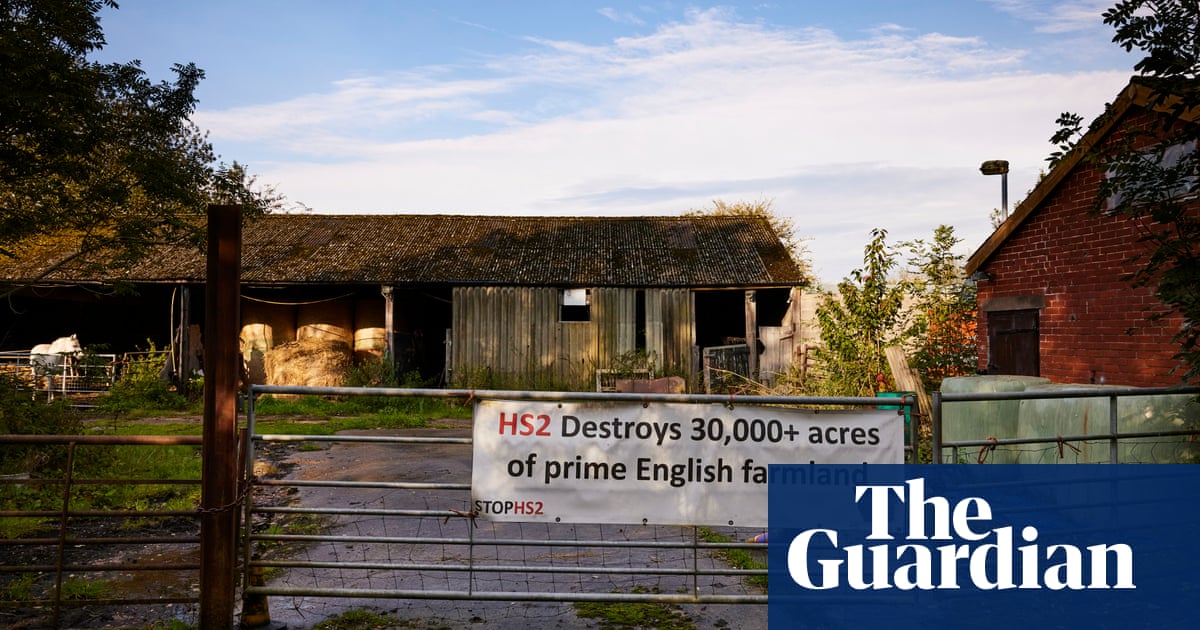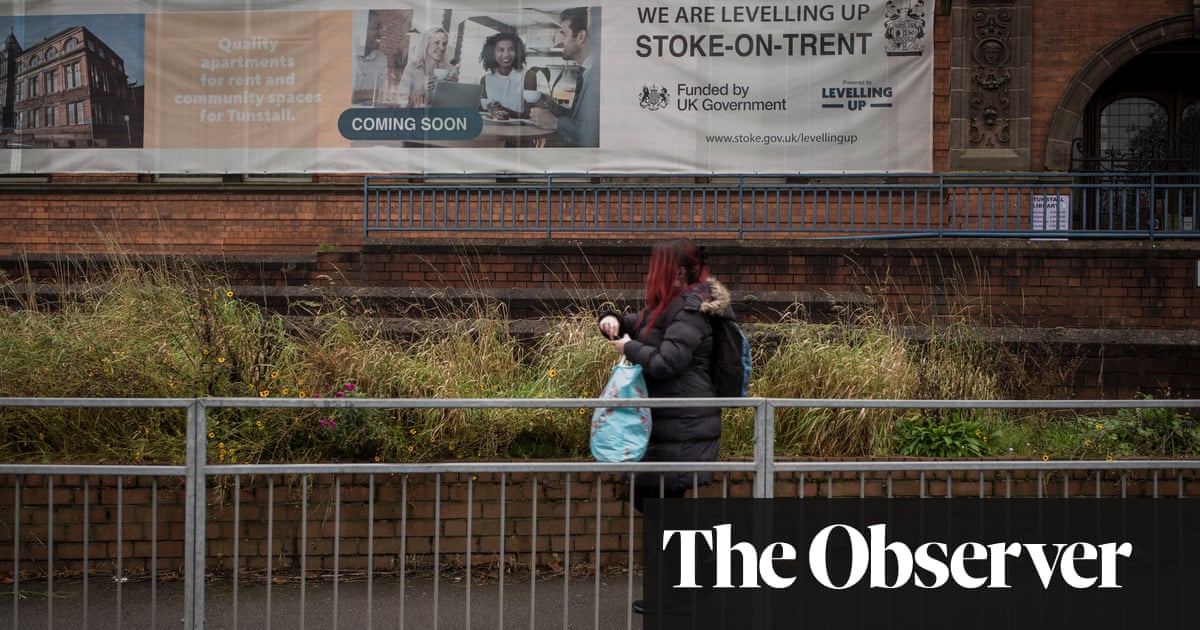
The UK government has spent nearly £20m snapping up stocks of HIV drugs and the malaria drug touted by Donald Trump as a cure for Covid-19, it can be revealed.
In the last two months it has entered 16 contracts for chloroquine, hydroxychloroquine, and chloroquine phosphate used for malaria and other diseases and placed major orders for lopinavir-ritonavir, which is normally used to treat HIV.
The contracts with a variety of British-based firms were entered into without going to tender on the grounds of “extreme urgency”, according to an online record of the deals.
There is currently no evidence that any of the drugs are effective treatments for the virus, but the HIV drugs are currently being assessed as part of University of Oxford trials.
Research published earlier this week in the New England Journal of Medicine concluded that the lopinavir-ritonavir treatment “did not show any observable benefit for patients with severe coronavirus 2019 beyond standard care”.
Perhaps stung by the avalanche of criticism over failures to procure enough personal protection equipment, the UK government, according to an EU database of public procurements, entered into a major contract two weeks ago after smaller contracts at the end of March and beginning of April.
It said failure to snap up the drugs would result in British suppliers selling to other countries.
“A situation of extreme urgency exists both in the UK and across the world, in the context of the Covid-19 pandemic,” one of the contracts says.
“Lopinavir/ritonavir tablets, one of the drugs of choice worldwide for the treatment of Covid-19, is scarce in supply and the contracting authority having identified a supplier that was ready willing and able to supply lopinavir/ritonavir tablets needed to move quickly to secure this supply.
“Failure to do this would have resulted in lopinavir/ritonavir tablets being sold by the supplier to another country due to the high demand globally,” the government said in its own account of the procedure, published in the Official Journal of the European Union.
The biggest single contract, worth £7.5m, went to Accord Ltd in Barnstaple and was signed on 28 April.
The government said the procurement without going to open tender was justifiable on the grounds that “urgent delivery [is] required of the available stocks”.
Much hope is being placed in therapeutic drugs becoming available to help treat symptoms and prevent people with severe Covid-19 from having to go to hospital.
The New England Journal of Medicine pointed out that “future trials in patients with severe illness may help to confirm or exclude the possibility of a treatment benefit” of the HIV drugs, for instance.
Oxford University has said it is currently assessing the benefit of the drugs as part of the Recovery series of trials.
It is also evaluating whether hydroxychloroquine, a milder version of the well-known drug used for acute malaria, can alleviate the symptoms and prevent hospital admissions.
The government moved to buy the hydroxychloroquine supplies on 11 March just as Donald Trump was wrongly touting it as a cure. He caused a run on the drug, with France and Italy abandoning trials and prescribing it without any evidence of its efficacy.
This caused concern among lupus patients, who have relied on the drug for years to help them feel well.
The government entered into contracts with two suppliers on 11 March for hydroxychloroquine tablets, with shortages being reported two weeks later from lupus sufferers from the UK to Thailand and France.
India, which manufactures the raw ingredient, has banned all exports of the chemical to safeguard its own supplies and recommended all health workers to take the drug to protect themselves from the virus.
Almost £2m worth of hydroxychloroquine tablets were acquired, with separate purchases of chloroquine and chloroquinephosphate amounting to £1.5m.
A spokesperson for the Department of Health and Social Care said the procurements helped put the UK at the head of the race for coronavirus treatments.
“Clinical trials are currently under way to assess whether existing medicines are safe and effective for treating Covid-19, with more than 10 drugs being tested in this way,” the spokesperson said.
“The UK is leading the way on research in the race to find and fast-track potential treatments, including through the landmark Recovery trial, meaning NHS patients could have faster access if medicines are proven to be effective.”












